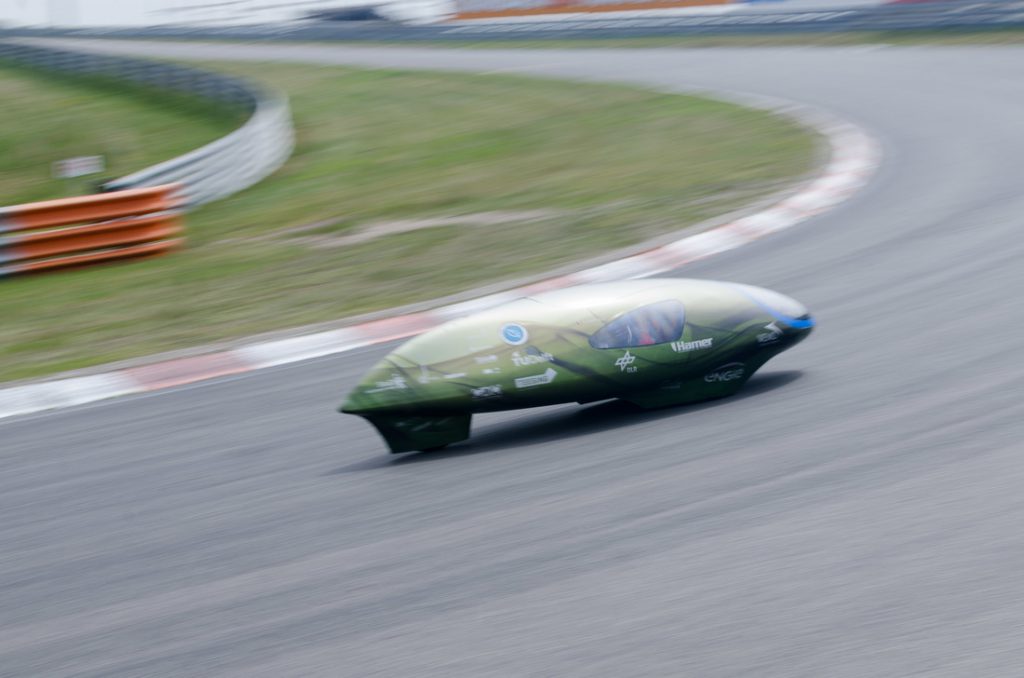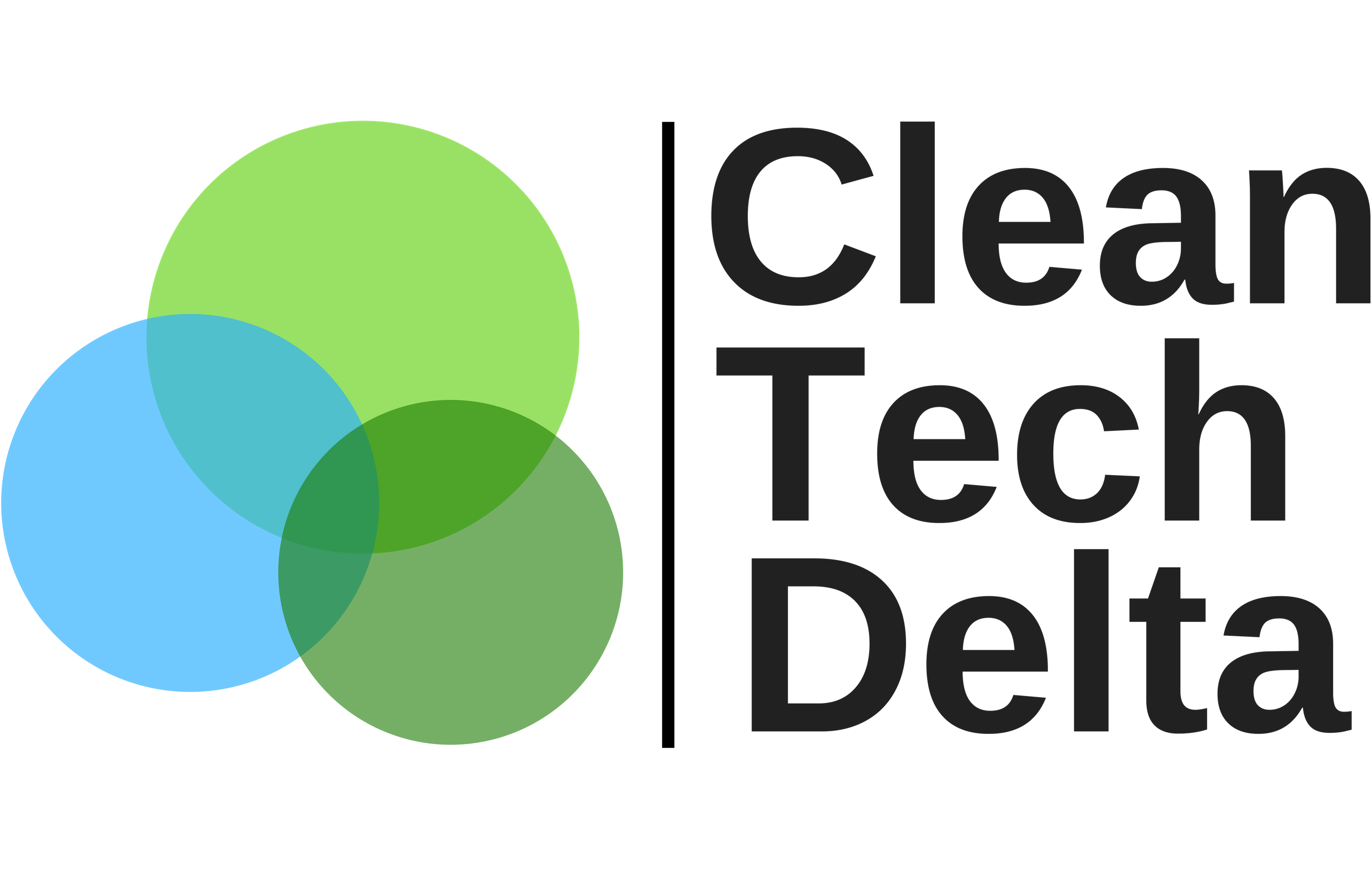Every year a team of approximately 25 students of the TU Delft will participate in the Shell Eco-marathon. In this competition students compete against each other to cover as many kilometers as possible, with a vehicle running on hydrogen. It is the perfect example of clean tech innovation.
 The competition consist of 2 categories: urban and prototype. The eco-runner team competes in the prototype category, as there is more freedom in design and application of technology. This year, the competition will take place in London, from 25th till 28th of May.
The competition consist of 2 categories: urban and prototype. The eco-runner team competes in the prototype category, as there is more freedom in design and application of technology. This year, the competition will take place in London, from 25th till 28th of May.
Students from all (technical)backgrounds, such as mechanical engineering, civil engineering and electrical engineering, participate in the team. The team consist of 4 full-timers and 21 part-timers, working on the next Ecorunner. Two years ago, in Rotterdam, the team won the first prize by setting a result of 3653 km/l. The year after, In London, they became third. This year, they are determined to win, as they know exactly on what aspects they can approve, according to Paul Hulsman – Team manager of the Eco-Runner Team Delft.
The Ecorunner VII
The model that the team is currently working on, is the Ecorunner VII. Every year an Ecorunner is constructed and the knowledge is transferred from team to team. To participate in this competition, the vehicle has to meet a lot of restrictions in order to pass the technical inspection. Moreover, the driver of the vehicle has to have a minimum weight of 50 kg. As everything has to be as lightweight as possible, they are constantly looking for solutions to this problem. Therefore, the minimum weight of the driver becomes the maximum!
“It is all about efficiency and optimization”
What’s more, the electric motor of the car is integrated in the wheel, to have direct transmission. Moreover, the wheels are made of special rubber, to decrease the road resistance. “It is all about efficiency and optimization”, according to Paul Hulsman. The carcass of the vehicle is made from composite, which is one of the most lightweight materials. This year, the team will try to change the structure of this material, to make it even lighter. Furthermore, the form, called aerodynamics, of the car is extremely important. On this point, the team distinguishes themselves from the other teams. Never, did any other team build a vehicle with better aerodynamics.
This year, the team is aiming to transform the vehicle in, as you call it, a smart car. Consisting real-time monitoring, stress testing systems and strategy calculations. In this matter, the strategy can be changed during the race. Ultimately, the two things that they will focus on are improvements in the powertrain and the electronic system (smart-systems).
Goals and application in real-life
The aim of the team is to show to the world that hydrogen is a good alternative next to electric vehicles and ordinary cars. Although, sustainable ways of producing this substance have to be improved. Furthermore, the team wants to show that everything is possible, if you just aim high. The aspect of the Ecorunner VII that is most applicable in real-life cars is the energy efficiency. By optimizing the efficiency, by smart-systems, a lot of energy can be saved.
What is next?
To accomplish their goals, the team is looking for sponsor and companies to work with. Interested in contributing to this project? Or do you think your technology/resources could help the team? Contact Paul Hulsman -teammanager@ecorunner.nl.
